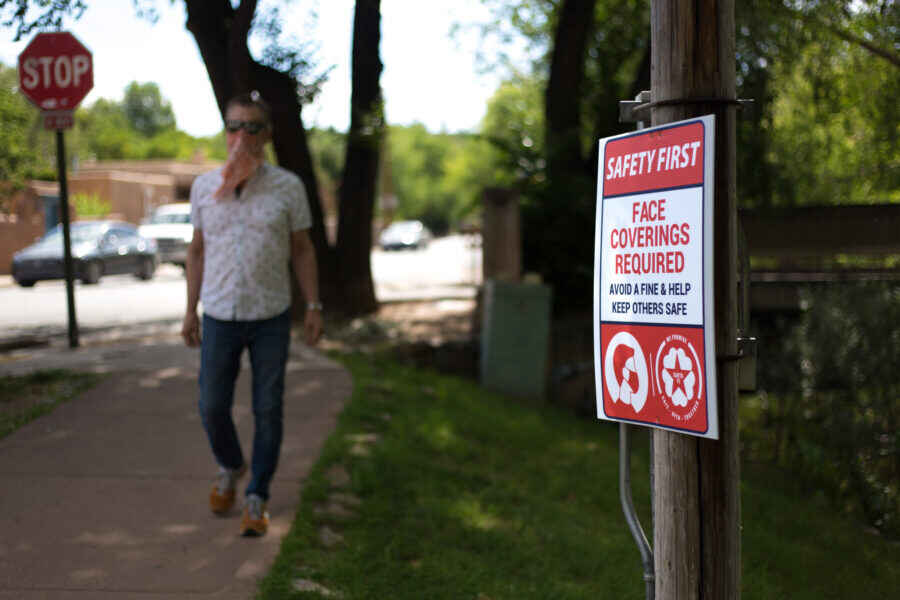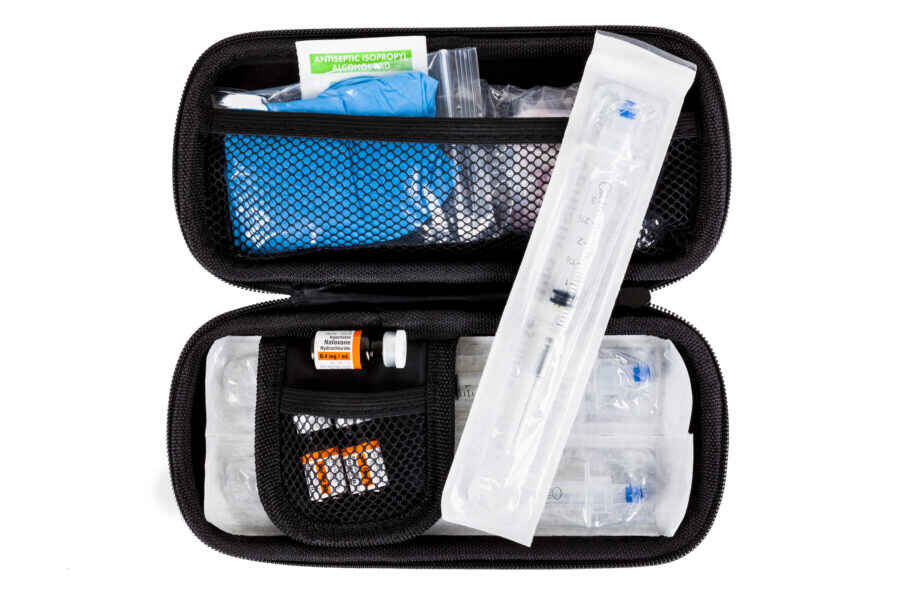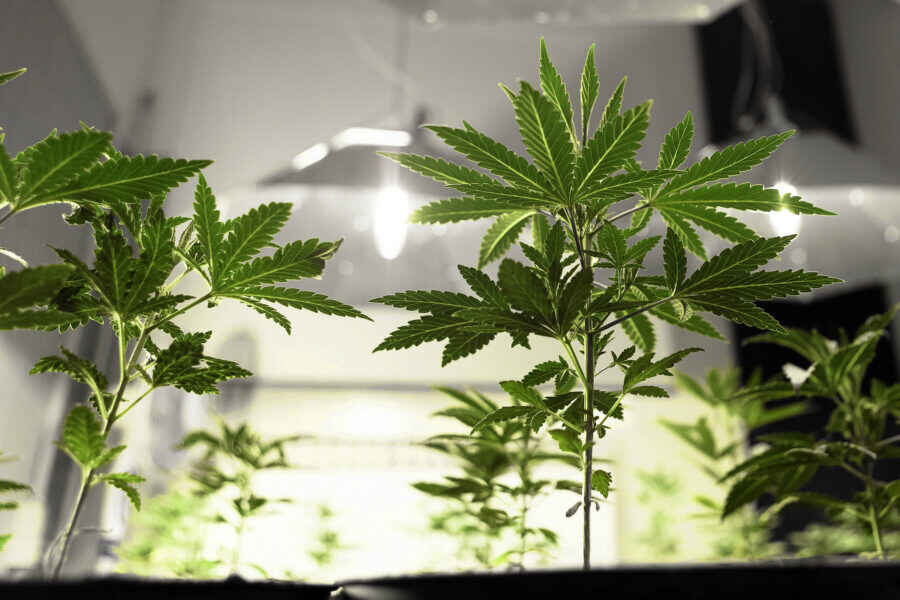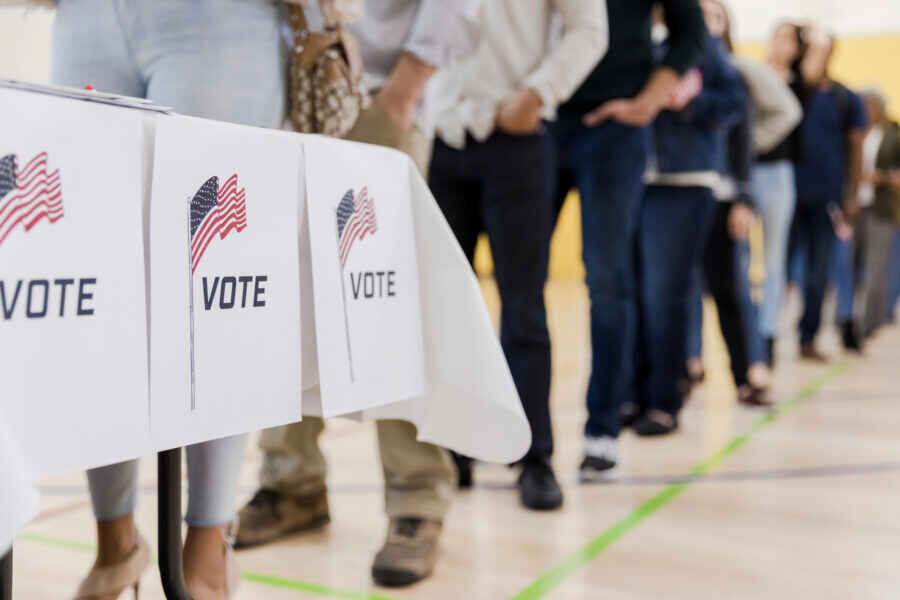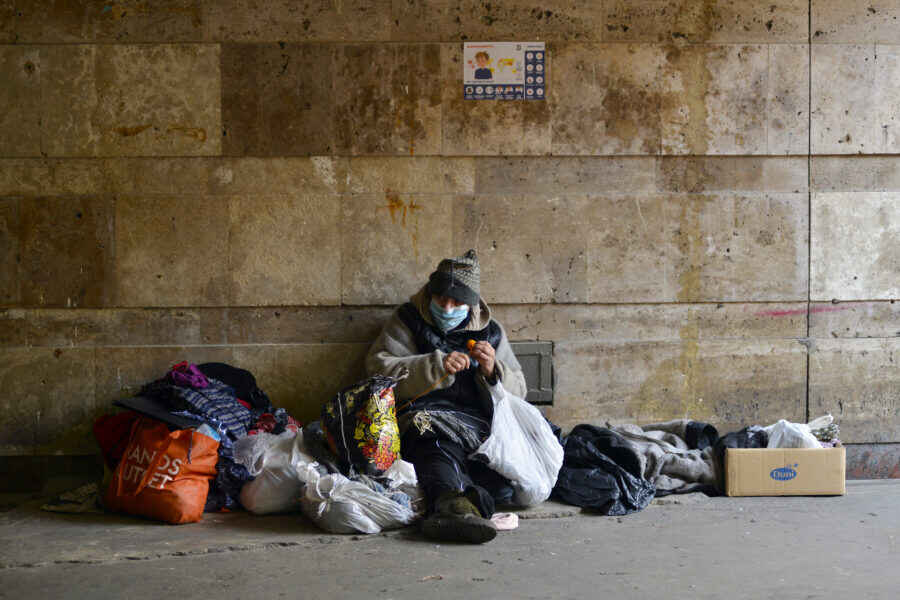
Network for Public Health Law Announces New Advisory Board Member
Network NewsThe Network is pleased to welcome new National Advisory Board member McClain Bryant Macklin, J.D., M.B.A. As the Director of Policy and Strategic Initiatives for the Health Forward Foundation, Ms. Bryant Macklin develops strategies for the foundation’s policy priorities in access to healthcare, the social determinants of health, and health equity.

